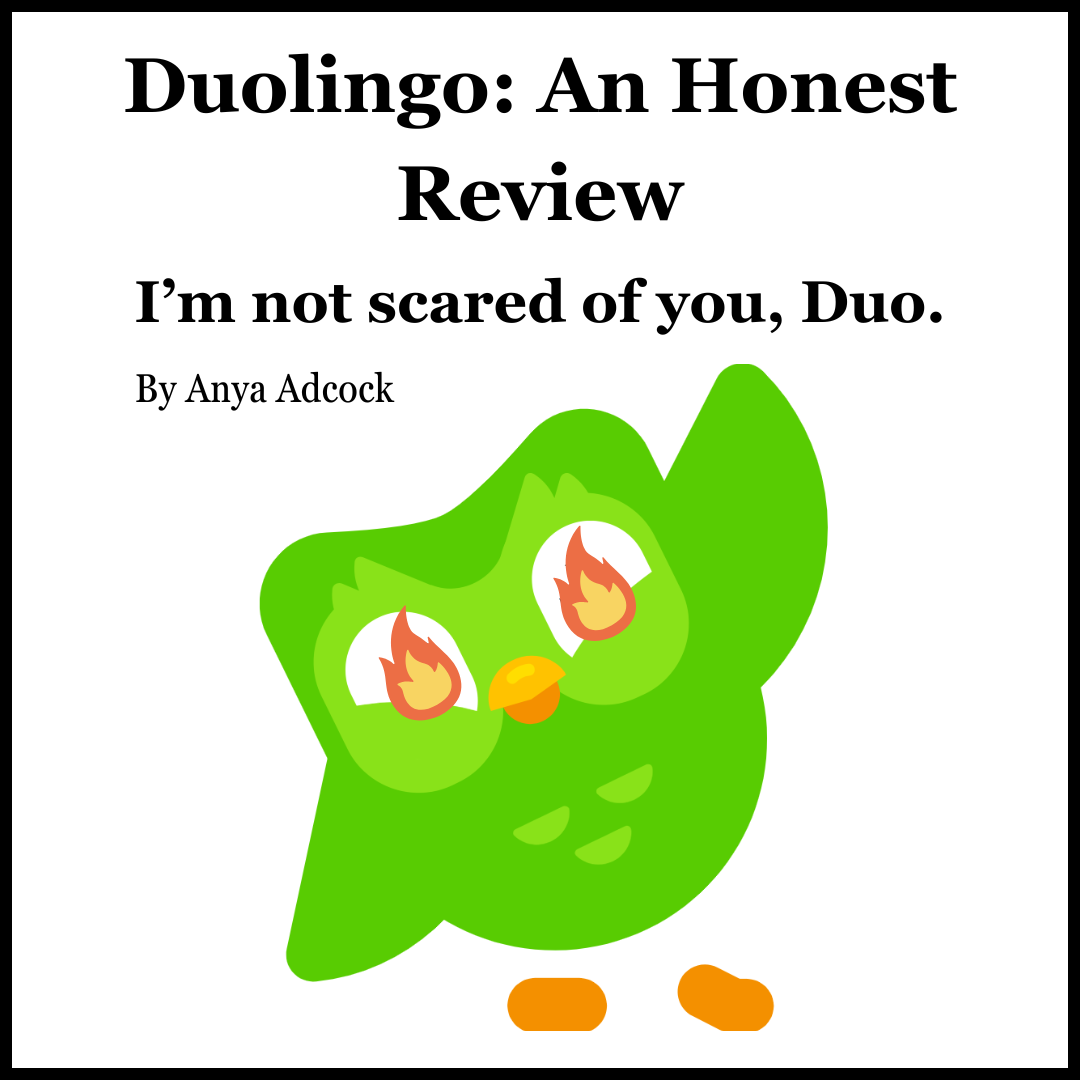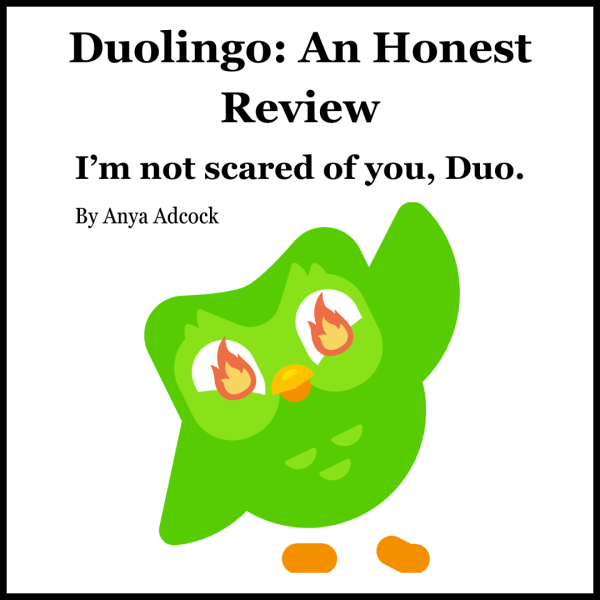ChatGPT: For Good or for Bad?

Image from Pixabay
ChatGPT has proven itself to be a highly divisive bit of artificial intelligence. Able of generating eerily human-like text, it can prove to have its advocates and its detractors. Many of those who support ChatGPT are more willing to shine a light on the fact that it is free to use and incredibly useful, while those who oppose it argue that it can be used for corrupt practices and/or destroy human intelligence.
The curious and uninformed reader may be wondering what “ChatGPT”, in fact, refers to. Developed by the artificial intelligence company OpenAI, ChatGPT is a chatbot that is intended to understand natural language and mimic human responses to prompts that are generated by the human on the other side of the screen. In short, it is basically a robot that copies the way you speak with the assistance of a massive database of information on the Internet; its ability to be so finely-tuned to certain situations and understanding of the nuances of conversation allow it to generate responses that can fall into the uncanny valley, penetrating the consciousness of the viewer.
Through all the criticism, it appears that ChatGPT seems to have amassed a fair degree of praise. One of the several arguments in favor of ChatGPT, the basic version in particular, is that it is easy to access. Being the remarkably sophisticated and complex language model that it is, it can come as a surprise that the basic version is completely free of cost. Although there is technically a premium version, it is not mandatory to pay for a subscription in order to access the basic aspects of ChatGPT. In addition, ChatGPT can be very useful if used in a responsible manner; among many other things, it can write code for simple or repetitive tasks, translate one language into another, solve equations one is personally unable to solve, and create chatbots that can be used for customer service. Intelligent use of its capabilities can allow a human to use ChatGPT to automate tasks that are unnecessary, repetitive, and out of the human’s realm of understanding.
However, ChatGPT’s remarkable capabilities can be its own downside. Many raise ethical concerns about its intelligence, harkening back to dystopian science fiction films about robots conquering the human race. ChatGPT is capable of generating almost anything the human on the other side of the screen asks it to, but is this very demand always well-intentioned? In theory, ChatGPT can forge essays, solve full-length equations, and forge letters and break-up texts. It is not hard to understand how these things can be used with malicious intent, possibly posing an existential threat to the human condition as we know it. What is stopping an uninterested high school student from using ChatGPT to cheat on a test? What is stopping an internet troll from using ChatGPT to ruin a person’s reputation? The whole of artificial intelligence is often plagued with ethical concerns and moral dilemmas, and ChatGPT is not particularly exempt from these concerns.
Overall, it can be noted that ChatGPT contains many benefits and drawbacks. Will we let ChatGPT replace us humans, or will it point the path to the future? It is ultimately up to us to be responsible enough to know the answer to this question.
Your donation will support the student journalists of Ames High School, and Iowa needs student journalists. Your contribution will allow us to cover our annual website hosting costs.

Sam Galindo is a senior at Ames who joined the WEB staff in February 2023. He currently serves as an editor, his second year writing for the WEB. In his...























